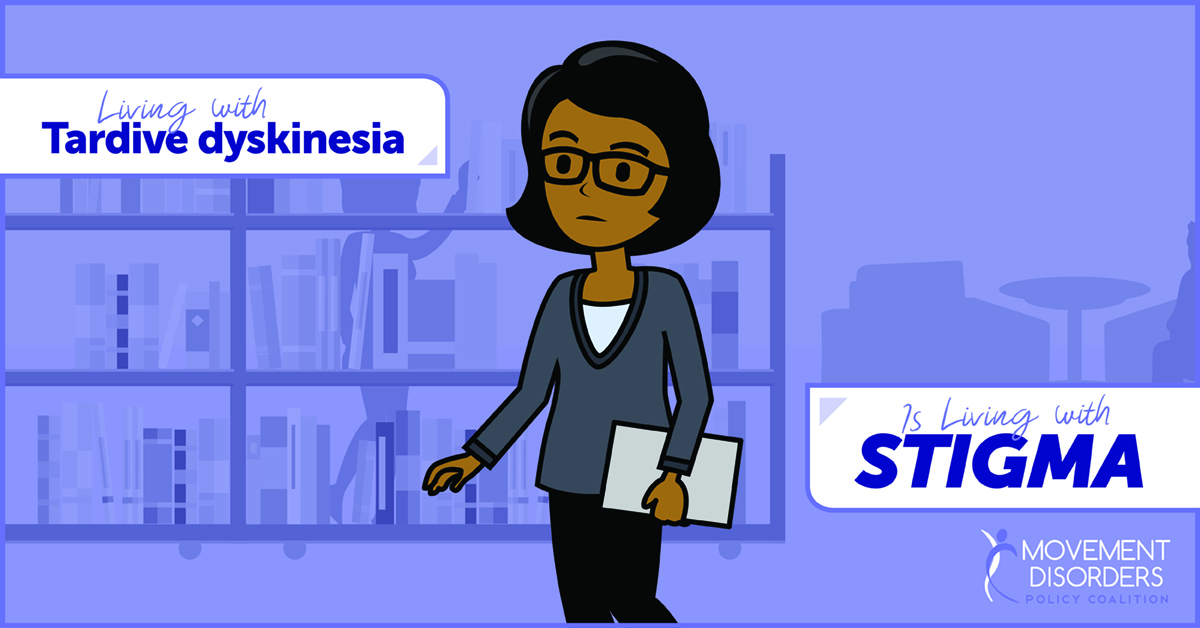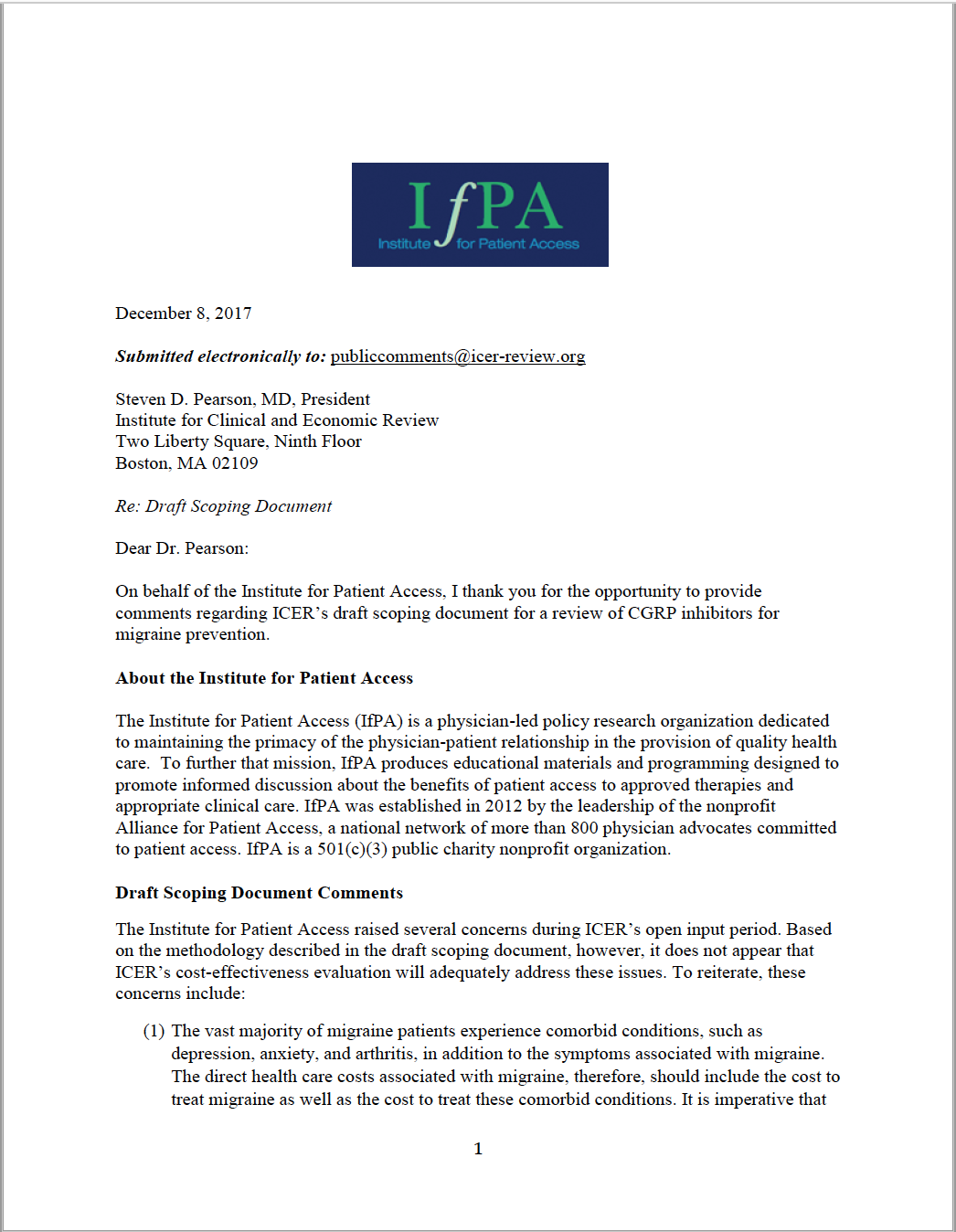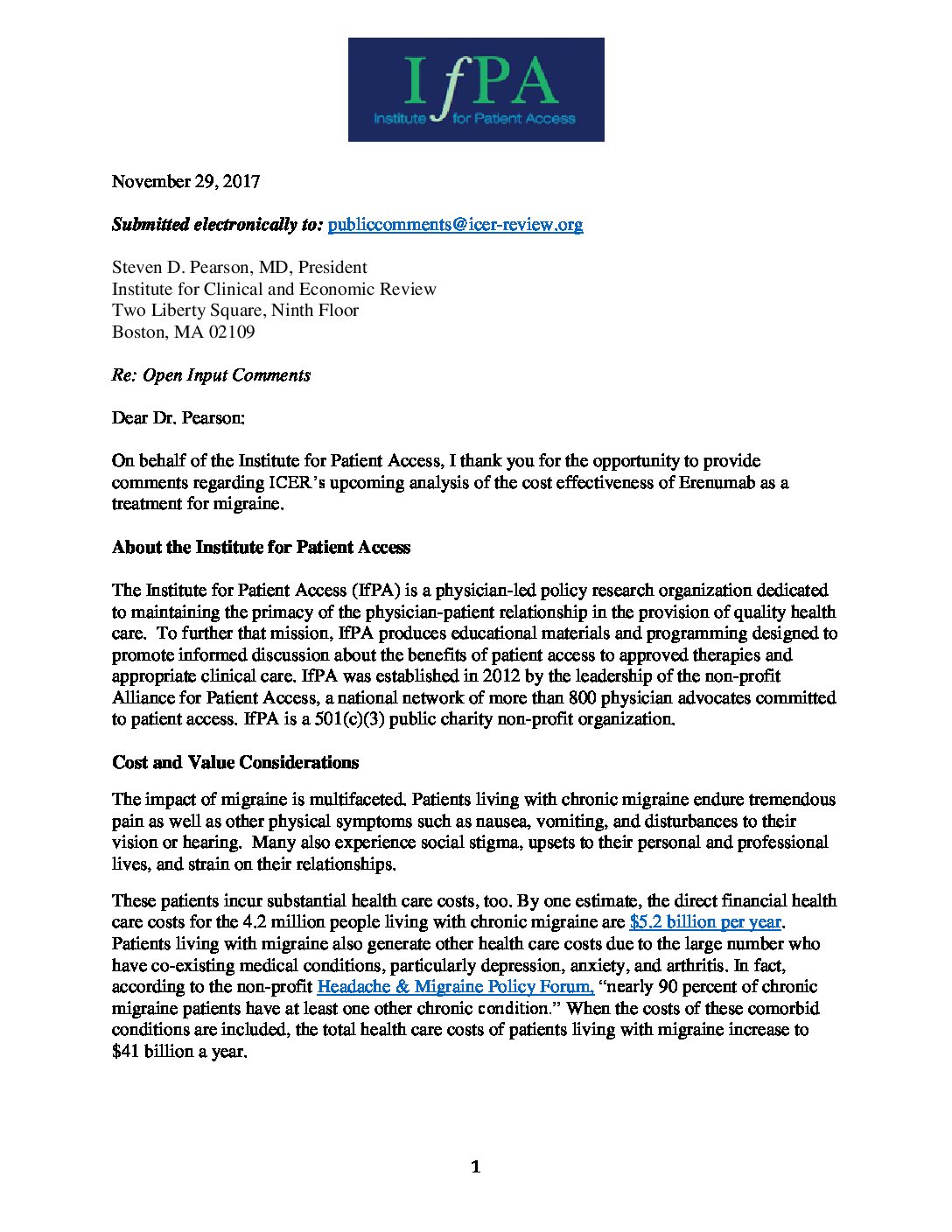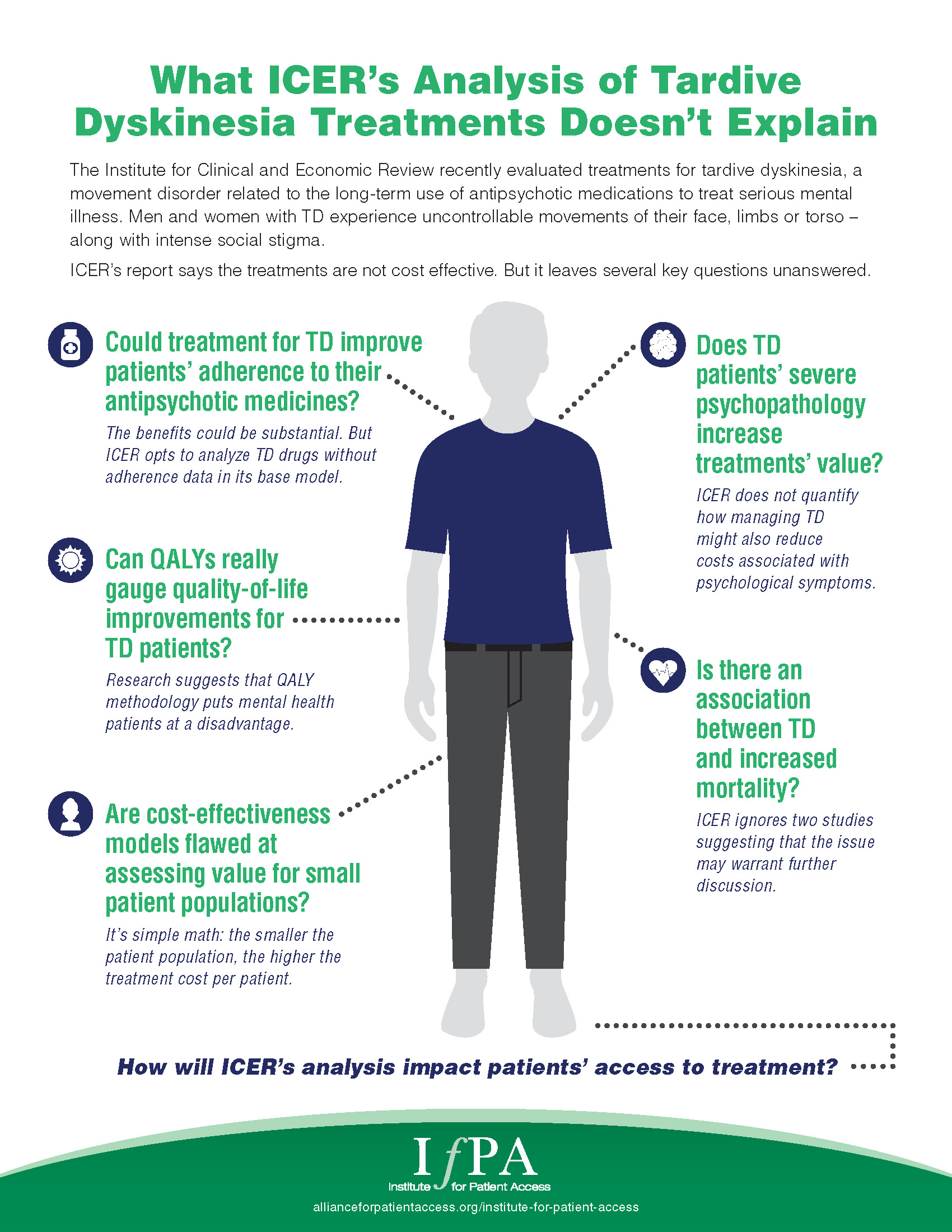

March 29, 2018
Patients overpay for their prescriptions 23 percent of the time, a recently released study from the University of Southern California found. What’s worse – some pharmacists can’t tell patients when they’re paying too much.

March 23, 2018
If health plans heed a new report from the Institute for Clinical and Economic Review, patients with few options to treat their cystic fibrosis may soon have fewer still.

March 16, 2018
Living with a movement disorder means living with stigma. Stares, whispers and pointing are just another part of the…

January 23, 2018
Innovative but expensive CAR-T therapies for cancer are worth their price, announced the Institute for Clinical and Economic Review recently. The organization is the self-appointed arbiter of drug costs. But its decision was hardly news for those in the cancer community.

December 14, 2017
As 2017 draws to a close, let’s take a look back at the highlights in patient access this year.

December 12, 2017
What are new drugs to prevent migraine worth? The question is driving a forthcoming report from cost-effectiveness giant the Institute for Clinical and Economic Review (ICER) – and already eliciting an outpouring of feedback from the migraine patient community.

December 8, 2017
The Institute for Patient Access raised several concerns during ICER’s open input period. Based on the methodology described in the draft scoping document, however, it does not appear that ICER’s cost-effectiveness evaluation will adequately address these issues.

November 29, 2017
IfPA has concerns that ICER is undertaking the cost effectiveness evaluation of Erenumab before sufficient data exists. However, should the…

November 2, 2017
What’s the value of being able to stop involuntary lip smacking, facial grimacing or torso twitching – and the public stigma they cause?

October 30, 2017
The Institute for Clinical and Economic Review recently evaluated treatments for tardive dyskinesia, a movement disorder related to the long-term use of antipsychotic medications to treat serious mental illness. Men and women with TD experience uncontrollable movements of their face, limbs or torso – along with intense social stigma.
ICER’s report says the treatments are not cost effective. But it leaves several key questions unanswered.












